Home Inspection Tips for Buyers in 2024: What to Expect and Look for Pre-Inspection
Buying a home is one of the most significant investments you'll make in your lifetime, and ensuring that it's in good condition is paramount. That's where home inspections come in. A thorough inspection can reveal potential issues and give you peace of mind about your purchase. Here are some essential tips for homebuyers in 2024 to navigate the inspection process effectively:
1. Understand the Purpose of a Home Inspection:
Before diving into the inspection process, it's crucial to understand its purpose. A home inspection is a comprehensive examination of a property's condition, including its structure, systems, and components. The inspector will identify any existing or potential problems and provide a detailed report.
2. Take your own notes:
Before the official inspection, consider scheduling a visit to the home and take notes you want to relay to the home inspector. This allows you to get a firsthand look at the property and identify any red flags or areas of concern. Look for signs of water damage, structural issues, or poor maintenance.
3. Research Qualified Inspectors:
Choosing the right inspector is key to a successful home inspection. Research qualified professionals with experience and certifications in home inspection. In the state of California, home inspectors are not required to be licensed or certified, so knowing who you hire is essential. California Real Estate Inspection Association (CREIA) and Amercian Society of Home Inspectors (ASHI) are two of the highest levels of certifications possible in the country. Don't hesitate to ask for references or check online reviews to ensure you're hiring a reputable inspector.
4. Attend the Inspection:
While it's not mandatory, attending the inspection can be incredibly beneficial. It gives you the opportunity to ask questions, clarify any concerns, and gain a better understanding of the property's condition. Plus, you'll receive valuable insights and maintenance tips from the inspector.
5. Pay Attention to Major Components:
During the inspection, pay close attention to major components such as the roof, foundation, HVAC system, electrical wiring, and plumbing. These are critical aspects of the home's functionality and can be costly to repair or replace if issues arise.
6. Review the Inspection Report Thoroughly:
Once the inspection is complete, carefully review the inspection report. It should outline any findings, including defects, safety concerns, and recommended repairs. Don't hesitate to seek clarification on any items you don't understand.
7. Negotiate Repairs or Credits:
Depending on the inspection findings, you may need to negotiate repairs or credits with the seller. Use the inspection report as leverage to request necessary fixes or adjustments to the purchase price. Your real estate agent can assist you in navigating this process effectively.
8. Consider Additional Inspections:
In some cases, a standard home inspection may not cover everything. Depending on the property's age, location, or specific features, you may want to consider additional inspections, such as termite inspections, mold assessments, or structural engineers.
9. Plan for Regular Maintenance:
Finally, remember that a home inspection provides a snapshot of the property's condition at a specific point in time. To maintain your investment and prevent future issues, plan for regular maintenance and address any recommended repairs promptly.
Conclusion:
A home inspection is a crucial step in the homebuying process, providing valuable insights into the property's condition and helping you make an informed decision. By following these tips and staying proactive throughout the inspection process, you can ensure a smooth and successful home purchase in 2024.


